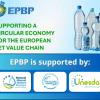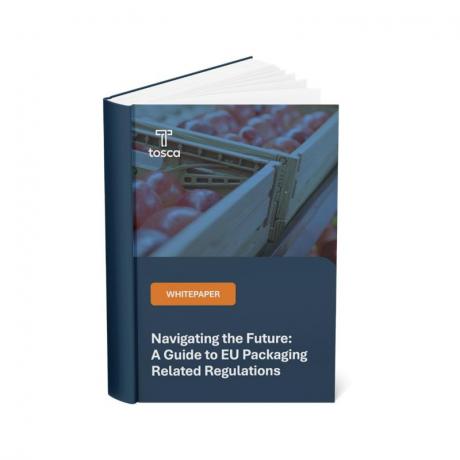Foto FreePik
Commission's proposal for a Green Claims Directive (GCD) seeks to establish a framework to regulate the substantiation and communication of voluntary environmental claims across the EU. At the heart of the proposal, and still matter of discussion, is the EU Commission’s plan to establish a mechanism of ‘ex-ante verification’, requiring environmental claims and labelling schemes to be verified by an officially accredited independent body.
Being a Directive, the framework will have to be transposed into national law by all 27 Member States, raising the risk of fragmentation and divergence in its implementation. Since our last update, technical negotiations between the three European institutions have progressed slowly. The latest political trilogue took place on 24 April, including discussions on the scope of application of the Directive.
This is a key point for Europen, which from the outset has advocated for the establishment of a predictable and workable framework that avoids duplications with the Packaging and Packaging Waste Regulation (PPWR), recently entered into force. What’s our concrete ask? Simply put, we are calling on EU legislators to ensure that the PPWR is recognised as a lex specialis. This would guarantee that the PPWR requirements related to claims, clarified in Article 14 of the Regulation, will prevail over the obligations of the future GCD, in case of conflict.
This is vital to ensure the legal certainty of economic operators, avoiding possible overlaps and conflicts, and clarity for national authorities regarding the rules to be applied and enforced. Ultimately, this will support the objective of communicating clearly and transparently to consumers. As such, the GCD represents a concrete political opportunity and the first test to demonstrate Europe's commitment to simplification, creating a legislative framework that is clear, proportionate, pursues the simplification of processes and procedures, and does not produce new barriers within the European Single Market.
Currently held under the Polish Presidency, negotiations are expected to conclude before handing over the baton to Denmark, who will assume the Council Presidency in July. With many crucial issues still unresolved, the big question remains: will negotiators cross the finish line before the summer break? Only time will tell.









